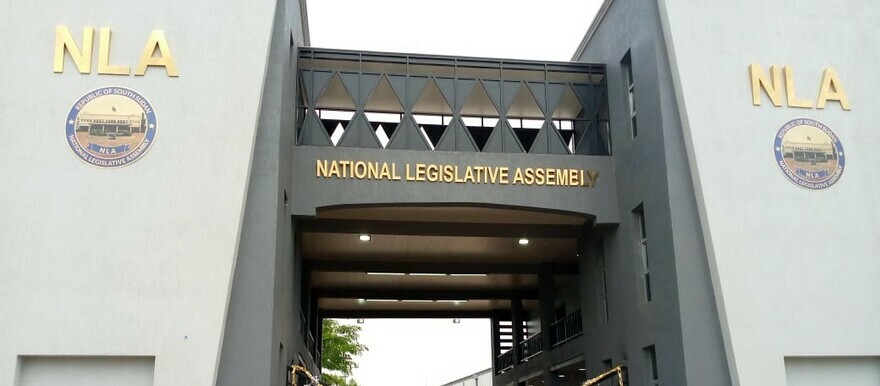Ruben Madol Arol, the Minister of Justice and Constitutional Affairs, presented the Nile Basin Cooperative Framework Agreement to the Transitional National Legislative Assembly for further deliberation on Wednesday.
The agreement, known as the Cooperative Framework Agreement (CFA), delineates the principles, rights, and obligations for the collaborative management and development of water resources in the Nile Basin.
The primary goal of the treaty is to establish a comprehensive framework that fosters integrated management, sustainable development, and harmonious utilization of the Nile Basin’s water resources. It also aims to ensure the conservation and protection of these resources for the benefit of both present and future generations.
Moreover, to achieve this objective, the treaty envisions the establishment of a permanent institutional mechanism known as the Nile River Basin Commission (NRBC). The commission will play a pivotal role in promoting and facilitating the implementation of the Cooperative Framework Agreement (CFA) and fostering cooperation among the Nile Basin States.
During the presentation of the CFA in parliament on Wednesday, Madol emphasized that South Sudan, along with other member states of the Nile Basin, recognizes the significance of the Nile River.
He stated, “The Nile River states have acknowledged the river’s importance to the economic, social, and overall well-being of their people. This acknowledgment is driven by the shared desire to enhance cooperation concerning the Nile River.”
Signed in 2011, Madol expressed confidence that the agreement will facilitate integrated management, sustainable development, and the harmonious use of water resources in the Basin. The justice minister highlighted that the agreement includes provisions for the resolution of disputes, especially those that may arise among member states.
“In the event of a dispute between two or more Nile Basin states regarding the interpretation or implementation of this agreement, this miscellaneous provision addresses the settlement of disputes in the absence of a specific agreement between them,” he explained.
Madol further stated, “If a peaceful resolution through negotiation is requested by one of the parties, they may jointly seek mediation, conciliation, involve a third party, or agree to submit the dispute to arbitration.”
Emphasizing the purpose of submitting the agreement to the Transitional National Legislative Assembly (TNLA), Madol clarified, “The submission is for further deliberation and enactment after approval by the council of ministers.”
Jemma Nunu Kumba, the Speaker for the Reconstituted Transitional National Legislative Assembly, has forwarded the agreement to the Committees of Water Resources, Legislation and Justice, and Foreign Affairs and International Cooperation for thorough examination and a report to be submitted within 14 days.
She clarified, “The timeline for presenting the bill back to parliament for debate will depend on whether we proceed with Christmas activities or not.”
To contact Radio Tamazuj with comments, news tips or information, write to radiotamazuj@gmail.com or use the contact form.




